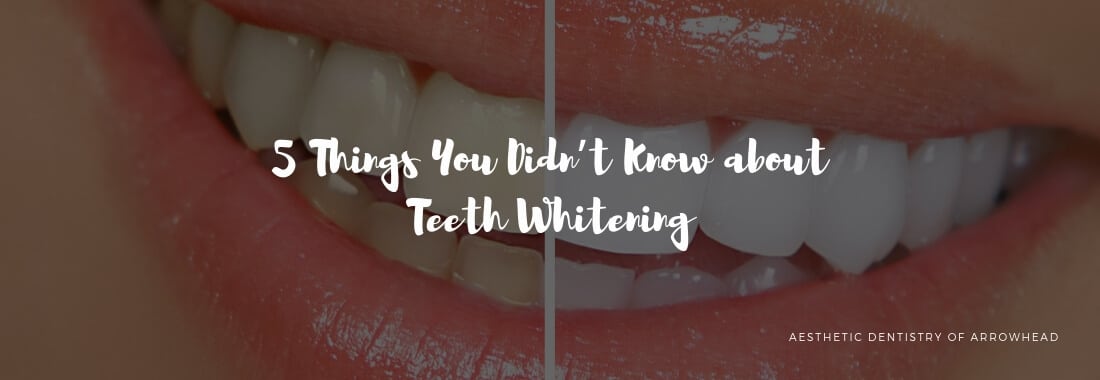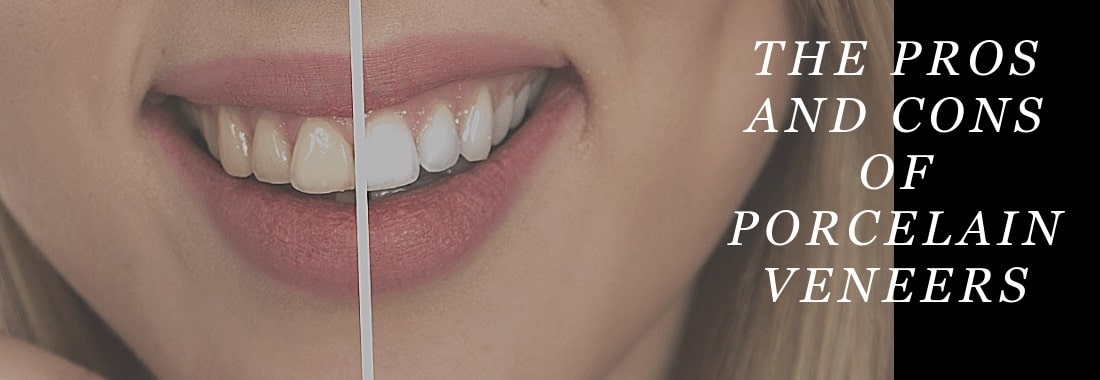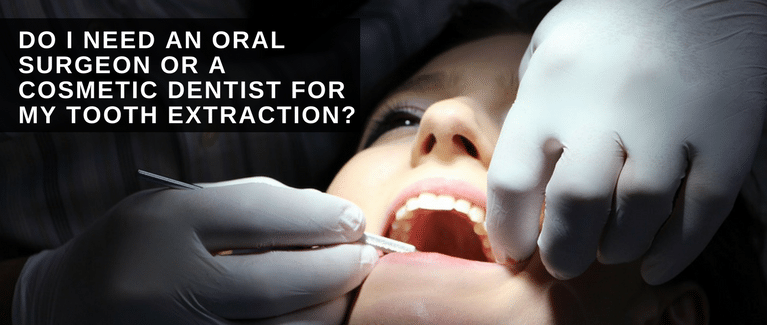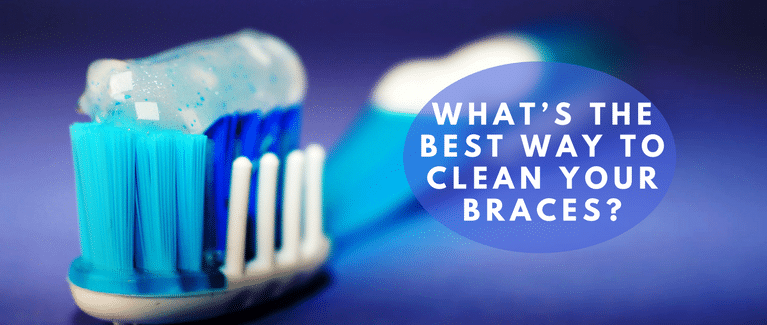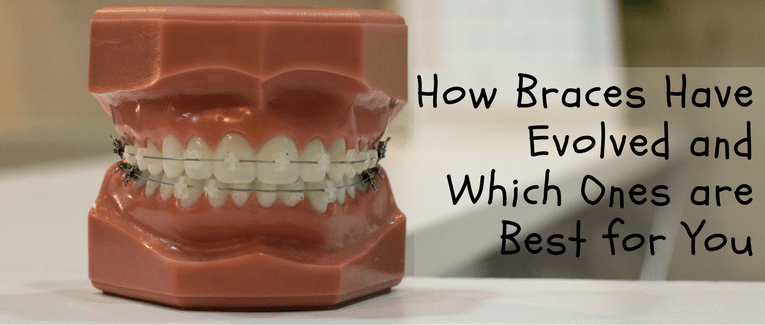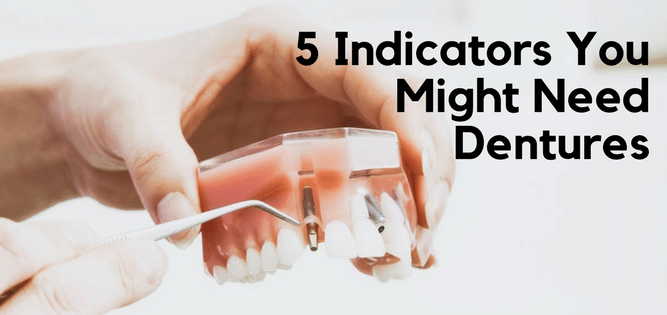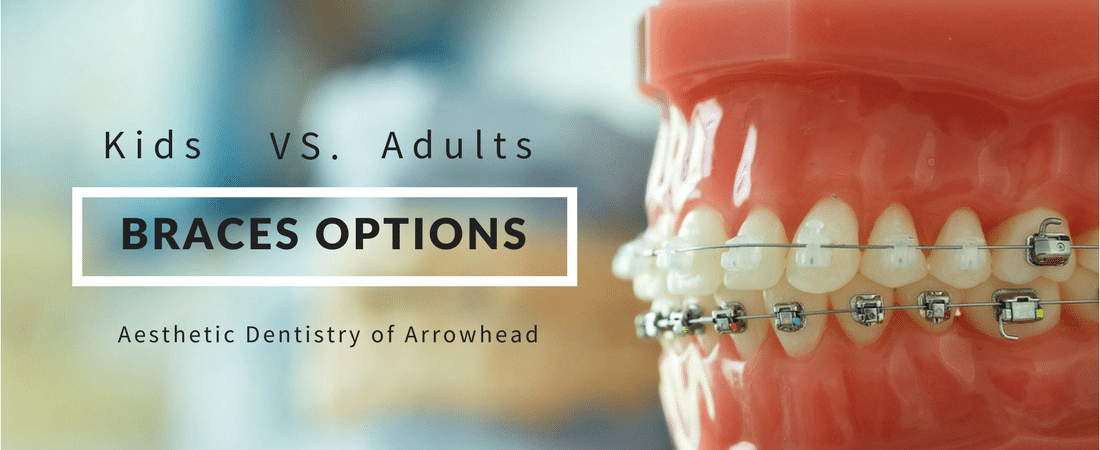Leading Glendale Endodontists For Root Canal Treatments & More
Restore Your Damaged Teeth With Glendale’s Top Endodontic Services
Endodontic or root canal treatment focuses on the pulp, the soft tissue inside your tooth that includes nerves and blood vessels. This treatment is designed to save the tooth when the pulp becomes infected or damaged due to trauma, decay, or other issues. Our dentists will clean and disinfect the tooth’s inner chamber, then fill it to prevent further problems. This approach often provides the best chance to preserve your natural tooth.

Endodontic Dentistry
Endodontic dentistry or endodontics is a branch of dentistry that specializes in the treatment of the inside of the tooth, including tooth enamel and nerve pulp. If tooth decay is not treated in time, it will spread deeper into the teeth causing the the tooth pulp tissue to die. This can lead to loss of the tooth. An injury or disease that affects the insides of a tooth is treated with the help of endodontic dentistry.
There are many procedures performed in endodontic dentistry; many of these procedures are performed by Aesthetic Dentistry of Arrowhead to relieve pain in the teeth caused by inflammation and infection of the pulp. Given below are the four most commonly performed endodontic procedures.

Root Canal Therapy
Root canal therapy is carried out when inflammation and/or infection below the tooth causes unbearable pain, sometimes an abscess, and threatens the existence of the tooth. The dentist creates a small opening in the crown of the tooth to reach the infected pulp; he scrapes away the pulp leaving behind the root canal which is cleaned and sealed. The final step is to place a crown on the tooth.

Internal Tooth Bleaching
Internal tooth bleaching is carried out for those who wish to whiten their teeth after endodontic treatment. Teeth become devitalized and stained from the inside from blood and other fluids. A peroxide gel is placed in the cleaned root area and it whitens the teeth from inside.

Protect & Strengthen Endodontic Retreatment
An endodontic retreatment is performed if after root canal therapy, the tooth has not healed as expected or if the pain continues. Endodontic retreatment can be necessary for various reasons, such as saliva contamination, complicated canals missed during the first treatment, crown placement was delayed, etc.

Apicoectomy
Apicoectomy or root end surgery is carried out when a root canal treatment and subsequent endodontic retreatment fails to completely treat pulp infection and inflammation. The root tip along with the infected tissue is removed in an apicoectomy. An apicoectomy is carried out using an operating microscope and is also known as endodontic microsurgery.
Comprehensive Endodontic Treatments for Children
Specialized Pediatric Endodontic Care In Glendale
Unless a child’s tooth is about to fall out, a dentist may recommend endodontic treatment on a child’s primary(baby) tooth. Without treatment, the child will experience pain or discomfort, and infection may result. Early extraction of the primary tooth is usually not advisable because primary teeth are necessary for chewing and for learning proper pronunciation during language development. Also if a baby tooth is extracted too early, neighboring teeth can shift and occupy some of the vacant space making it difficult for the permanent tooth to grow in properly.
Symptoms that indicate a need for endodontic treatment can include toothache, sensitivity to hot and cold, or if the pulp has been exposed due to fracture and the child is experiencing sensitivity.
The type of endodontic treatment that may be recommended depends on how seriously the pulp is affected, an evaluation of the tooth and the results of an X-ray.

Pediatric Pulp Therapy Treatments
There are two types of pulp therapy, depending on the condition of the tooth pulp:
Vital Pulp Therapy
The goal of vital pulp therapy is to preserve and protect the pulp. In this procedure, the pulp is only removed from the crown of the tooth and not from the root. Vital pulp therapy is only recommended if there is no swelling or abscess and the tooth is not loose. There are four main types of vital pulp therapy for baby teeth:
-
Protective Base:
This treatment is done when the tooth is only affected by decay and the pulp is healthy. First the decay is removed, then a protective material is inserted into the tooth and then the tooth is filled.
-
Indirect Pulp Cap:
This treatment is carried out when decay has come close to the pulp but does not reach it. The endodontist will remove as much of the decayed matter as possible without touching the sensitive pulp. A protective dressing is placed to cover the pulp which helps to speed up the healing process. A filling is placed on top of the dressing.
-
Direct Pulp Cap:
This procedure is performed when a little bit of the healthy pulp has been exposed due to tooth decay or fracture. Medicine is applied to the exposed pulp to prevent infection, then the pulp cap is placed and the tooth is filled. Direct pulp cap procedures have a higher success rate in permanent teeth, so this therapy is rarely used for baby teeth.
-
Vital Pulpotomy:
This treatment is an option when only the crown portion of the pulp has been damaged by decay or trauma and the root portion is still healthy. The dentist will remove all tooth decay along with the damaged portion of the pulp, leaving the healthy root pulp intact. Medicine is applied to the exposed portion of the root, and the tooth is filled and enclosed with a stainless steel crown. The crown protects the weakened tooth from future fracture or damage. If a vital pulpotomy is performed on a child’s permanent tooth, it is usually done as a temporary measure to allow the tooth’s root to finish growing. If necessary, a complete root canal treatment may be performed once the tooth root has matured.
Non-vital Pulp Therapy
Non-vital pulp therapy (also known as root canal treatment) is required when there is no chance of saving the pulp. The endodontist will remove the entire tooth pulp from inside the tooth and will clean and fill the canals with a special material. A stainless steel crown is then placed on the tooth by an Aesthetic Dentistry dentist to prevent it from fracturing. Extraction versus Endodontic Treatment for Primary Teeth.
Many factors need to be considered when determining whether an extraction or an endodontic treatment is the right choice for your child. The choice of treatment depends on factors such as:

Getting A Root Canal Procedure Step-by-Step
Step 1: Accessing The Tooth
Our dentist first prepares the area by using local anesthesia to numb the area. Once the area is numb, our dentist places a dental dam in your mouth so he can drill through the tooth to access the root and pulp chamber.
Step 2: Cleaning & Shaping
Next, our dentist uses special instruments to clean the pulp chamber and root canals. This is necessary to shape the tooth properly and fill in the root canals. Once shaped, the dentist cleans the canals a second time.
Step 3: Sealing The Tooth
Our dentist will use a special filling (gutta-percha) to fill the canals. Then, they will add an adhesive cement to seal the canals so there’s no any risk of infection. After that, the dentist will let you know about the recovery.

Endodontic Retreatment
Endodontic retreatment can be a simple non-surgical procedure, a complex surgical one or a mix of both. The dentist will inform you about the most suitable treatment option for your case.
The dentist at Aesthetic Dentistry of Arrowhead will create an opening into the restoration to reach the root canal filling material. He may have to remove the crown, post, and core material before he can reach the root canals. The post and other material are loosened using a post remover or an ultrasonic hand piece. The dentist then examines the inside of the tooth to locate additional canals or changes in the structure of the tooth.
The dentist fills and seals the cleaned canals and a temporary filling is placed in the tooth. He may take X-rays to verify that the cleaning is as close as possible to the end of the root. Endodontic surgery may be required if the canals are very narrow or there is blockage. An incision is made so that the other end of the root can be sealed satisfactorily.
Endodontic Retreatment For Unhealed Conditions
An endodontic retreatment is performed if after the first treatment the tooth has not healed as expected or if the pain continues. Inadequate healing can be a result of:
Complicated Canals Were Missed During The First Treatment
There Was A Delay In Placing The Crown Or Restoration
Saliva Contaminated The Inside Of The Tooth
No Treatment Of Curved And Narrow Canals
Fresh Decay Exposing Root Canal Fillings Can Result In Infection
Loose Fillings Can Lead To New Infection
Fractured Tooth

Why Glendale Residents Choose Our Endodontists
Restore Your Smile With Confidence With Our Endodontic Treatment
Expert Root Canal Services Near Glendale
Our expert endodontic treatment, including precise root canal services, offers a reliable solution for saving your natural teeth. Conveniently located near Glendale, our experienced team is dedicated to providing gentle care that prioritizes your comfort and oral health so you can smile confidently once more. Trust us to restore your smile’s function and appearance, ensuring long-lasting results you can smile about.
FAQs About Our Endodontic Treatment Services
Stop By Our Local Endodontic Dental Office Near Glendale
Experience Painless Root Canal Procedures In Glendale
Read Our Blog & Learn More About Our Dental Services
Crucial Tips To Keep Dental Bridges, Crowns, & Veneers In Great Shape
Crucial Tips To Keep Dental Bridges, Crowns, & Veneers In [...]
The Truth Behind Brushing Your Teeth With Charcoal For Easy Teeth Whitening Treatment
The Truth Behind Brushing Your Teeth With Charcoal For Easy [...]
Help! Why Are My Teeth Becoming Translucent?
Table Of Contents Glendale Dentists Explain Why Transparent Teeth Are [...]
Top Ten Foods to Avoid at Christmas Dinner If You Have Braces
Top Ten Foods to Avoid at Christmas Dinner If You [...]
5 Things You Didn’t Know about Teeth Whitening
5 Things You Didn’t Know about Teeth Whitening Teeth can [...]
The Pros and Cons of Porcelain Veneers
The Pros and Cons of Porcelain Veneers Dental porcelain veneers [...]

















